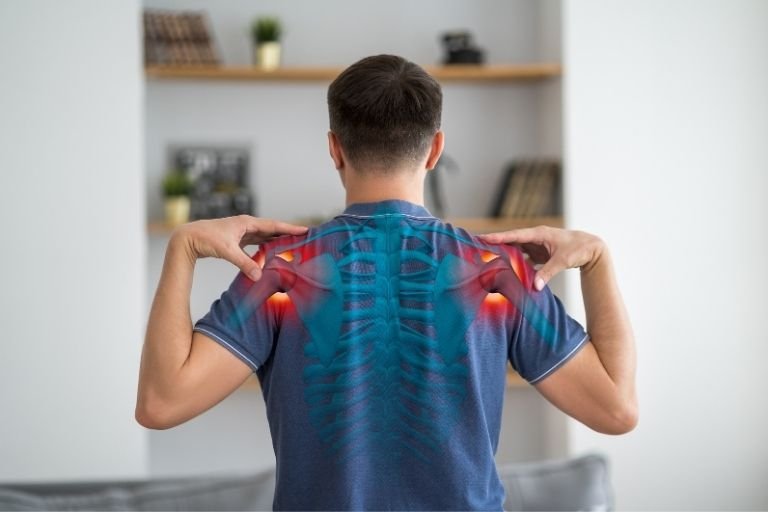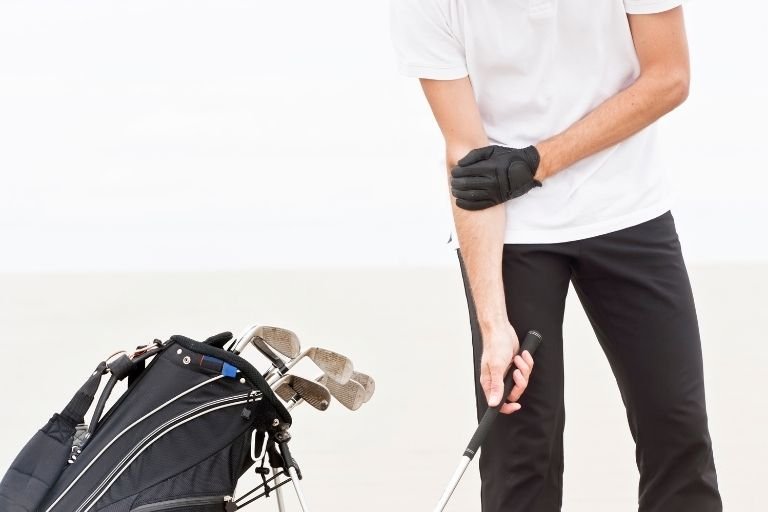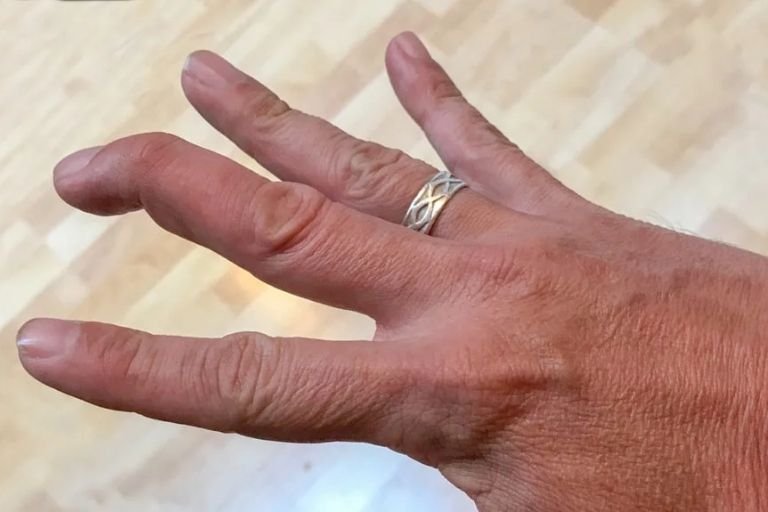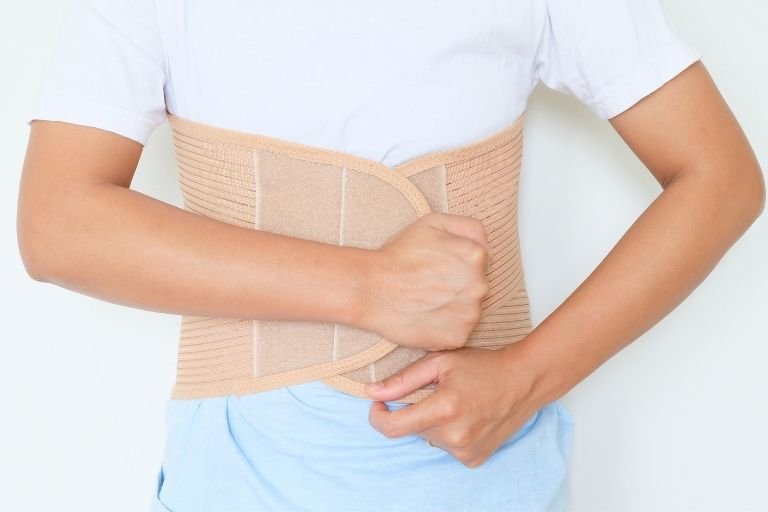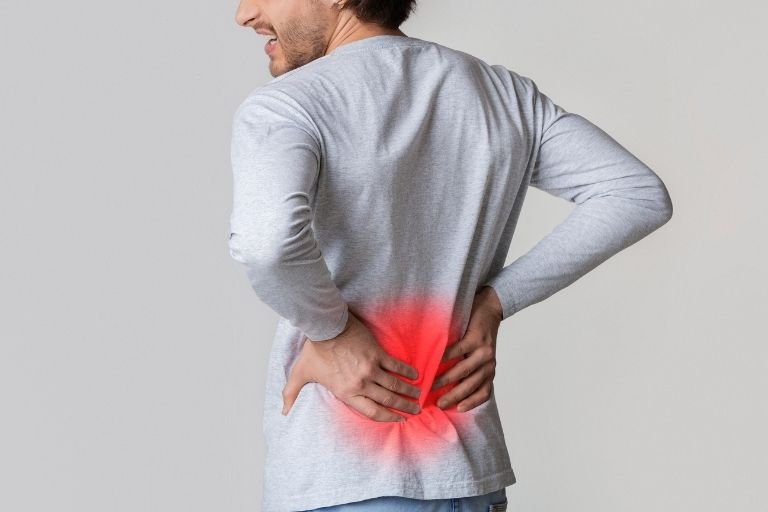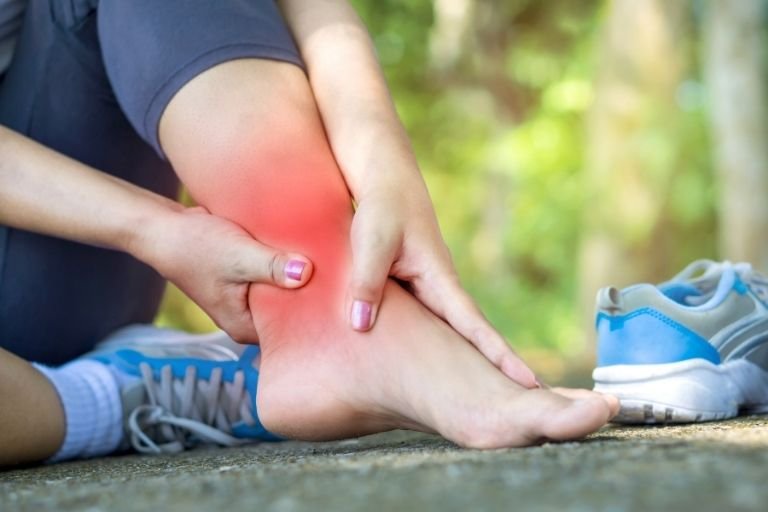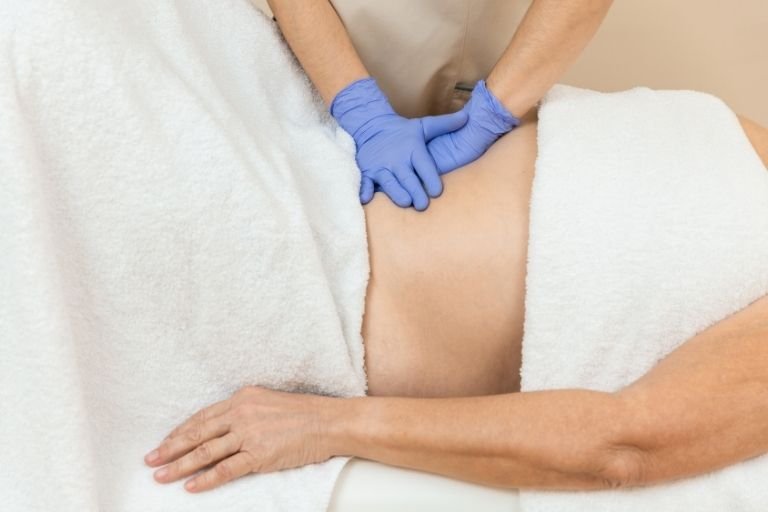- Fitwell Physiotherapy
Flat Feet

Flat feet, also known as fallen arches, is a condition where the arches of the feet are lower than normal or nonexistent. This condition can be present from childhood or develop over time in adulthood. Flat feet can lead to discomfort and other foot problems, but many people with flat feet experience no symptoms.
Please submit your details below.
Symptoms:
- Pain in the arch of the foot or heel
- Swelling along the inside of the ankle
- Difficulty standing on tiptoes
- Pain or discomfort in the feet, especially after prolonged activity or standing
- Back and leg pain due to altered alignment and posture
Causes:
- Genetics: Inherited traits can lead to flat feet.
- Injury: Trauma or injury to the foot can damage the tendons and cause flat feet.
- Arthritis: Conditions like rheumatoid arthritis can lead to flat feet.
- Weak arches: Some people may have a naturally low arch that collapses over time.
- Obesity: Excess weight can put additional strain on the arches, leading to flat feet.
- Aging: Tendons can weaken over time, leading to a collapse of the arch.
When to See a Physiotherapist:
- Persistent foot pain, particularly in the arch or heel
- Swelling or tenderness along the inner ankle
- Difficulty with daily activities due to foot discomfort
- Pain that does not improve with rest or home care
- Visible changes in the structure of the foot, such as the arch appearing to collapse
Risks:
- Increased foot and leg pain: Flat feet can alter the alignment of your legs, causing pain.
- Decreased mobility: Pain and discomfort can limit your ability to perform daily activities.
- Increased risk of injury: Improper foot mechanics can lead to injuries like shin splints and plantar fasciitis.
- Compensatory issues: Flat feet can cause issues in other parts of the body, such as the knees, hips, and lower back due to changes in gait and posture.
How to Prevent:
- Maintain a healthy weight: Reducing strain on your feet can help prevent flat feet.
- Wear supportive shoes: Choose footwear with good arch support and avoid wearing worn-out shoes.
- Strengthening exercises: Perform exercises to strengthen the muscles of the feet and lower legs.
- Avoid high-impact activities: Limit activities that put excessive strain on your feet.
Treatments:
- Orthotics: Custom-made or over-the-counter arch supports can provide relief.
- Supportive footwear: Shoes with a firm heel counter and adequate arch support can help.
- Physical therapy: Exercises to strengthen and stretch the muscles and tendons of the feet.
- Medications: Nonsteroidal anti-inflammatory drugs (NSAIDs) can help reduce pain and inflammation.
- Surgery: In severe cases, surgical intervention may be necessary to correct structural problems.
Conclusion
Flat feet can range from a benign condition with no symptoms to a source of significant discomfort and disability. Recognizing the symptoms early and seeking appropriate treatment, such as seeing a physiotherapist, can help manage the condition effectively. Preventative measures, including maintaining a healthy weight and wearing supportive footwear, can also reduce the risk of developing flat feet or experiencing complications.
Frequently Asked Questions
Related Conditions
How Fitwell Physiotherapy Can Help?
Dr. Richa’s Fitwell physiotherapy has an extensive team of physiotherapists all within their own specialist areas of physiotherapy. Whatever your condition, we guarantee that we will have the best physiotherapist for you. We assess, diagnose, plan, cure and care for you.
Fitwell Physiotherapy Clinic, Pune provides you best physiotherapy treatment in Kharadi, pune. We also serve Chandan Nagar, Vadgaon Sheri, Keshav Nagar, Wagholi & nearby Areas in Pune. We are experts in treating Neck Pain, Hand Pain, Back Pain, Lower Back Pain, Knee Pain, Stiff Neck, Sciatica, Arthritis, Stroke Paralysis & Post Surgical Rehab.
We provide Specialized physiotherapy treatments in Sports Injuries, Pre and post Surgery, Neurologic, Pediatric, Chronic Pain/Fatigue, Rheumatology, Women’s Health, Men’s Health, Ergonomics, Vestibular, Amputees & all sort of Pain treatment and lifestyle conditions.






















